Jessica Reesor Rempel enjoys bringing people together and helping them find meaning.
She recalls an incident just before Christmas a few years ago, when she was thinking about going into ministry. She was home with her siblings and their partners on the family farm in Markham, Ont., and everyone was about to go for a walk. She suggested they bring along a lantern, saying that it would both light the way and be symbolic of Jesus Christ bringing light into a dark world.
When her sister teased her, saying, “Stop making everything so meaningful,” she had an epiphany.
“I thought, oh yeah, that’s what I feel God calling me to do: to point out the meaning that exists in everything, and to support and empower people as they go deeper into what it means to be alive,” Reesor Rempel says.
Today, she is the co-pastor with Pastors in Exile (PiE), a non-profit organization that bills itself as an Anabaptist-rooted movement connecting young people in Kitchener-Waterloo, Ont., and the surrounding area “with vibrant faith experiences outside and inside of church walls.”
For her, working with PiE is an expression of desire to work for peace and justice—a desire the 29-year-old has had for many years. A childhood experience that had a great impact on her faith journey is when her father, a farmer, and her mother, a social worker, moved the family to Haiti for a three-year term with Mennonite Central Committee. The Gulf War was happening at the time.
“That really came out of their belief in . . . nonviolence,” she says. “They thought that, as pacifists, if we really believe in peace, we can’t stay on our farm and pray for it. We have to do something concretely.”
“That made the Bible come alive for us,” she adds. “[My parents] were very clear that they were there to live out the gospel.”
The impact of the family’s time in Haiti stayed with her as she moved into her teen years. She says she was acutely aware that “the world was a place where poverty and injustice and oppression existed.” She felt compelled to learn about different parts of the world. “A really powerful scripture for me in my teen years was this idea of Jesus calling Peter to [step] outside the boat. I really felt that call to get out of my comfort zone in terms of my faith.”
She has travelled to places like Zimbabwe and Guatemala, where she saw that those facing problems in other parts of the world were people just like her. “It helped me see the privilege I have, and to feel that call—which I feel is a biblical call—to justice and peacebuilding.”
After earning a bachelor’s degree in peace and conflict studies at the University of Waterloo, Reesor Rempel began working at a shelter for women and trans folk. “It was in that space that I first encountered, in some ways, the depths of poverty and oppression that people in my own community face,” she says.
She co-founded PiE with Chris Brnjas in 2015 after earning a master of divinity degree from Emmanuel College at the Toronto School of Theology. PiE seeks to address some of the injustice and oppression that exists in Waterloo Region. It’s a vibrant ministry that currently facilitates a watershed discipleship group, a feminist Bible study, a support group for LGBTQ persons, and a contemplative group for men wishing to reflect on masculinity and the #MeToo movement.
PiE recently held its third annual Winter Camp for Grown-ups retreat and organized a workshop for young adults interested in learning how to preach, and will offer a variety of Holy Week events, including an Easter sunrise service.
Reesor Rempel and PiE’s other pastor, Tamara Shantz, provide spiritual care for those connected with PiE, and they facilitate a community blog at pastorsinexile.org/blog, where young adults can express their thoughts about faith.
“I don’t think anyone else has a job quite like this,” Reesor Rempel says. “I really like how it connects my life’s journey, being so passionate about justice and living out the gospel in these practical ways, as well as my vocation, which is to draw people together to have meaningful moments, to find God in the mundaneness.”
She enjoys working in church contexts and says that many churches in Waterloo Region are doing important social justice work. For now, though, she is happy working with an organization that is not directly located within the church’s walls, one that young adults who are questioning their faith and where they fit in can find refuge.
“[PiE] can be that in-between space to hold them where they are at in their journey and also look forward to how they might incorporate into another church [and] intergenerational context moving forward.”
She offers a word of encouragement to young people who are trying to figure out if they still fit into church, or if the Christian faith is for them: “Keep asking [questions]. Keep looking for people and contexts where you belong and where you’re accepted for who you are.”
See also “Church geeks serve PiE.”


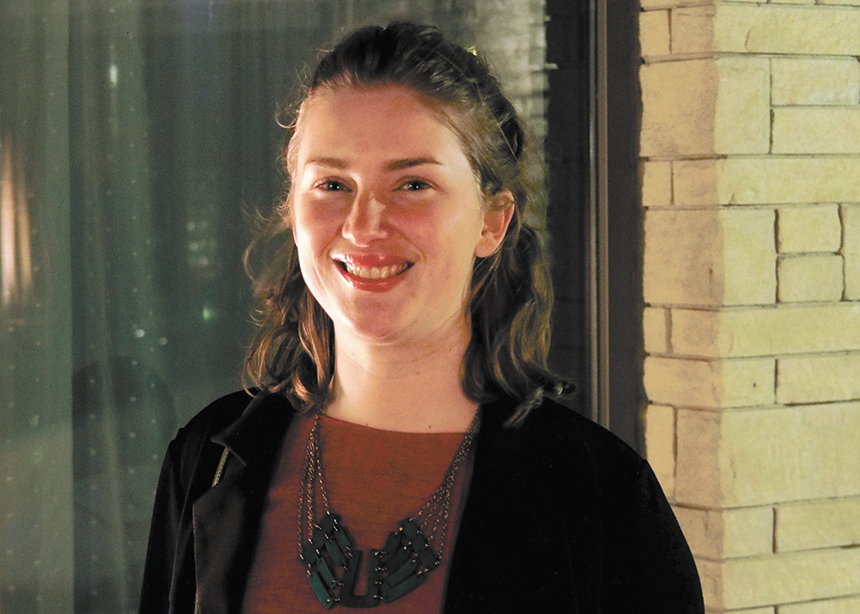

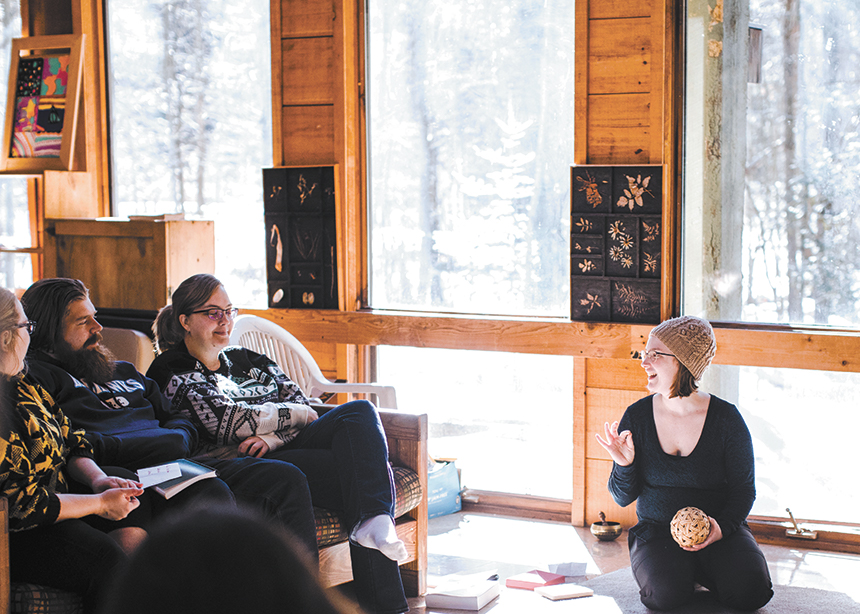
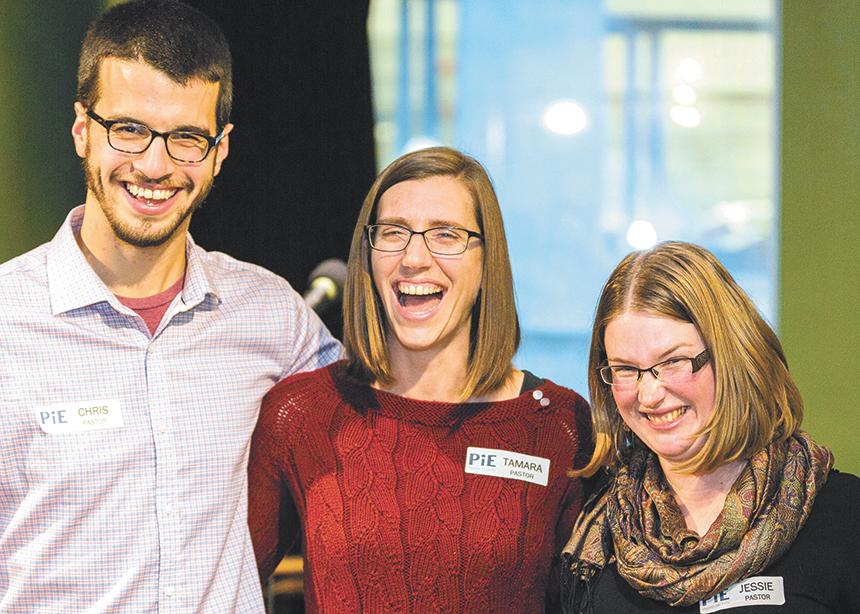



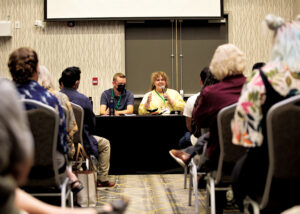
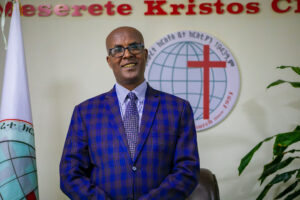

Leave a Reply
You must be logged in to post a comment.